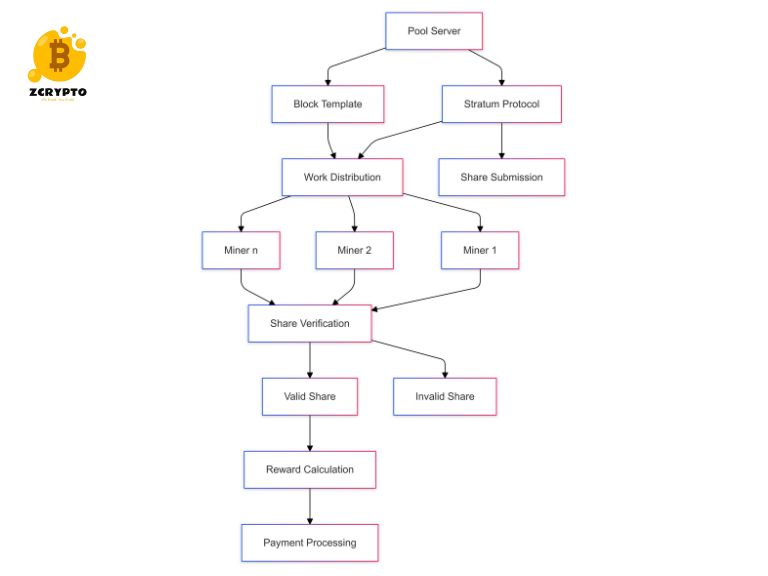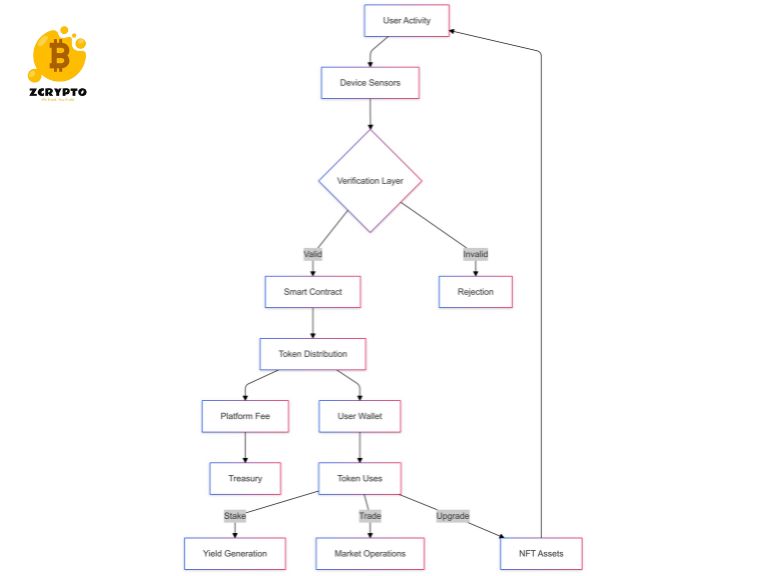Impact on Health Care Coverage for Small Businesses
Creation of Individual Marketplaces and Medicaid Expansion
The ACA’s creation of individual marketplaces and Medicaid expansion has dramatically increased health coverage for small-business employees and self-employed individuals. These marketplaces allow individuals to purchase health insurance directly, often with subsidies that make it more affordable. Additionally, Medicaid expansion in many states has extended coverage to more low-income individuals, including those working for small businesses. As a result, the uninsured rate for small-business employees fell by almost 10 percentage points post-ACA.
- Understanding AAA Credit Ratings: The Gold Standard in Investment-Grade Debt
- Business Development Company (BDC): Definition, Investment Guide, and Benefits
- How Actuarial Life Tables Shape Insurance Premiums and Financial Planning
- Understanding Available Balance: What You Can Spend Now vs. Current Balance
- Understanding Asset-Backed Commercial Paper (ABCP): Risks, Benefits, and Investment Strategies
Reduction in Uninsured Rates
The drop in uninsured rates under the ACA is particularly noteworthy in states that expanded Medicaid. For instance, uninsured rates declined from 18.4% in 2013 to 9.1% in 2017 in Medicaid expansion states. This reduction not only improves the health outcomes of employees but also reduces the financial burden on small businesses that might otherwise have to cover medical expenses out-of-pocket.
Bạn đang xem: How the Affordable Care Act Impacts Small Businesses and Investors: Key Financial Benefits and Requirements
Stabilization of Health Costs
The ACA has also helped stabilize health costs for small businesses. Prior to the ACA, premium increases were often steep and unpredictable. However, between 2011-2015, the average premium percent change for small businesses decreased from 5.1% between 2006-2010 to 3.1%. This stability allows small businesses to better budget for health care expenses and avoid sudden spikes that could be financially crippling.
Financial Benefits for Small Businesses
Small Business Health Options Program (SHOP)
Xem thêm : What is Music NFT? Transforming Artist-Fan Relationships
The Small Business Health Options Program (SHOP) exchange is a platform designed to facilitate easier comparison and purchase of health plans for small employers. Eligible businesses can use SHOP to find plans that meet their needs and budget. One of the significant benefits of using SHOP is the Small Business Health Care Tax Credit, which can cover up to 50% of the employer’s contribution toward insurance premiums.
Tax Credit Subsidies
For eligible small businesses, tax credit subsidies are a valuable financial benefit. These credits can be claimed when purchasing insurance through the SHOP exchange, helping to offset the cost of providing health coverage to employees. This incentive is particularly beneficial for very small businesses that might otherwise struggle to afford comprehensive health plans.
Grants for Wellness Programs
In addition to insurance subsidies, the ACA also provides grants for small businesses to start workplace wellness programs. These programs can help reduce long-term health care costs by promoting preventive care and healthy lifestyles among employees.
Regulatory Requirements and Penalties
Employer Shared Responsibility Payment
Businesses with 50 or more full-time and full-time equivalent employees are subject to the Employer Shared Responsibility Payment if they do not offer affordable health coverage. The penalty is $2,000 per employee (excluding the first 30 employees) if coverage is not offered, and $3,000 per employee receiving tax credits if the coverage is not affordable. Understanding these requirements is crucial to avoid significant financial penalties.
Reporting and Disclosure Requirements
Xem thêm : Bear Hug: The Ultimate Guide to Hostile Takeovers and Lucrative Acquisition Strategies
Employers must comply with various reporting requirements regarding health coverage, including the Summary of Benefits and Coverage (SBC) disclosure rules. These rules ensure transparency about what each health plan covers and how much it costs. Compliance is essential to avoid additional penalties.
Medical Loss Ratio Rebates
The ACA also includes the Medical Loss Ratio (MLR) requirement, which mandates that insurance companies spend at least 80% of their premium revenue on actual health care services rather than administrative costs. If an insurer fails to meet this threshold, they must provide rebates to policyholders. This ensures that small businesses get value for their insurance dollars.
Potential Risks and Future Implications
Impact of Policy Changes
Recent policy changes, such as the repeal of the individual mandate and the expansion of short-term health insurance plans, may affect small businesses. These changes could lead to increased premiums and market instability as healthier individuals opt out of comprehensive plans. This instability could make it harder for small businesses to maintain affordable health coverage for their employees.
Repeal of the ACA
If the ACA were to be repealed, it would have significant consequences for small businesses. Millions of entrepreneurs and their employees could lose their health insurance coverage, leading to a surge in uninsured rates and potentially devastating financial impacts on both businesses and individuals.
Nguồn: https://poissondistribution.lat
Danh mục: Blog





